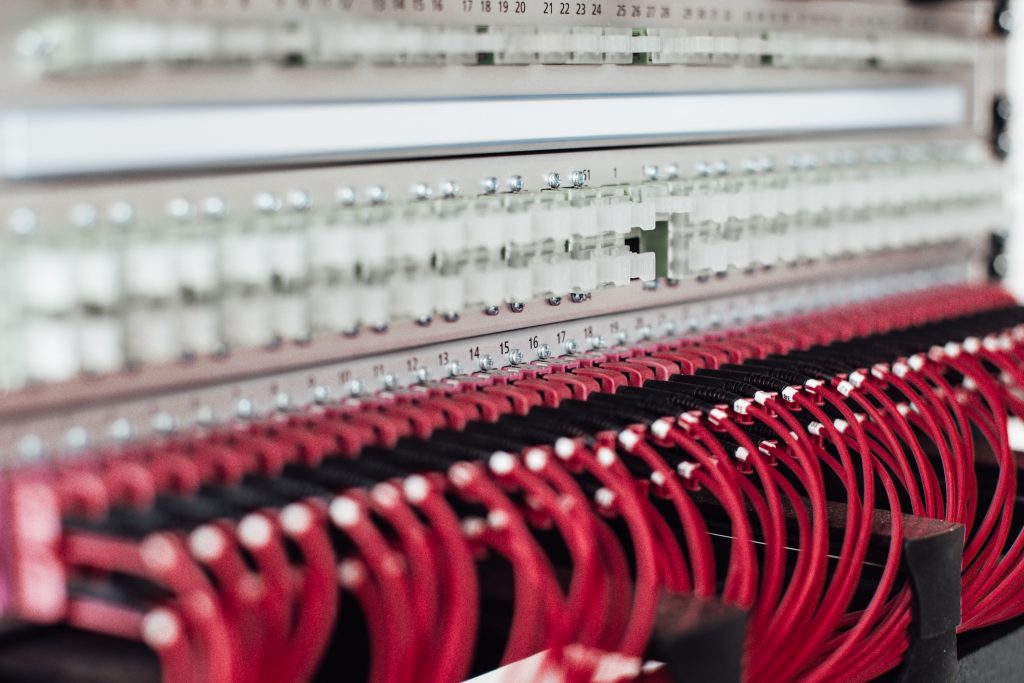Introduction
In today’s fast-paced digital era, where businesses heavily rely on seamless and uninterrupted connectivity, lease lines have emerged as a vital solution. Lease lines, also known as dedicated lines or private circuits, provide organizations with dedicated and exclusive high-speed connections to ensure secure data transfer and efficient communication. In this blog, we will delve into the world of lease lines, exploring their benefits, applications, and how they empower businesses with robust connectivity.
What are Lease Lines?
A lease line refers to a dedicated, fixed-bandwidth telecommunications connection that connects two or more locations. It involves leasing a line from a service provider for a specific duration, typically on a monthly or yearly basis. Lease lines can be used for various purposes, including data transfer, voice calls, video conferencing, and accessing the internet.
Types of Lease Lines
- T1 Lines: T1 lines, also known as DS1 lines, provide a dedicated digital transmission channel with a capacity of 1.544 Mbps. They are commonly used for small to medium-sized businesses and are suitable for voice and data applications.
- T3 Lines: T3 lines, or DS3 lines, offer significantly higher bandwidth than T1 lines, providing speeds of 45 Mbps. These lines are ideal for larger organizations that require high-speed connectivity for data-intensive applications and heavy network traffic.
- Ethernet Leased Lines: Ethernet leased lines leverage Ethernet technology to offer scalable and flexible connectivity options. They provide higher speeds and can be easily upgraded to accommodate evolving business needs.
Benefits of Lease Lines
- Reliability: Lease lines guarantee dedicated bandwidth, ensuring consistent and reliable connectivity. Unlike shared connections, lease lines are not affected by peak usage times or congestion, making them ideal for businesses that demand uninterrupted connectivity.
- Security: Lease lines provide enhanced security as they are not accessible to the public internet. By establishing a private network, organizations can safeguard their sensitive data and communications from external threats.
- Scalability: Lease lines can be easily scaled up or down to meet changing business requirements. As businesses grow, they can upgrade their lease line to higher bandwidth to accommodate increased data transfer and communication needs.
- Symmetrical Speeds: Lease lines offer symmetrical upload and download speeds, which is crucial for businesses that require equal performance in both directions. This symmetry enables smooth and efficient transfer of large files, real-time collaboration, and video conferencing.
- Quality of Service (QoS): Lease line services often come with quality of service guarantees. Providers prioritize network traffic to ensure critical applications, such as voice and video conferencing, receive the necessary bandwidth and low latency for optimal performance.
Applications of Lease Lines
- Business Connectivity: Lease lines enable organizations to establish secure and high-speed connections between their offices, data centers, and remote locations. This connectivity supports efficient collaboration, seamless data transfer, and centralized management of resources.
- Cloud Connectivity: Lease lines facilitate direct connections to cloud service providers like Amazon Web Services (AWS), Microsoft Azure, and Google Cloud Platform. This direct connectivity minimizes latency, enhances data security, and provides reliable access to cloud resources.
- Voice and Video Conferencing: Lease lines deliver reliable and high-quality connections for voice and video conferencing, ensuring smooth communication and collaboration among team members, customers, and partners located in different geographical areas.
- Disaster Recovery: Lease lines play a vital role in disaster recovery strategies by providing dedicated connections between primary and backup data centers. In the event of a network failure or disaster, organizations can quickly switch their operations to the backup site, minimizing downtime and data loss.
Conclusion
Lease lines have become an indispensable tool for businesses seeking secure, reliable, and high-speed connectivity. By offering dedicated bandwidth, enhanced security, and scalability, lease lines empower organizations to streamline their operations, collaborate effectively, and leverage cloud services with confidence. As businesses continue to embrace digital transformation, lease lines will play a pivotal role in ensuring seamless connectivity and enabling the next level of productivity and growth.

